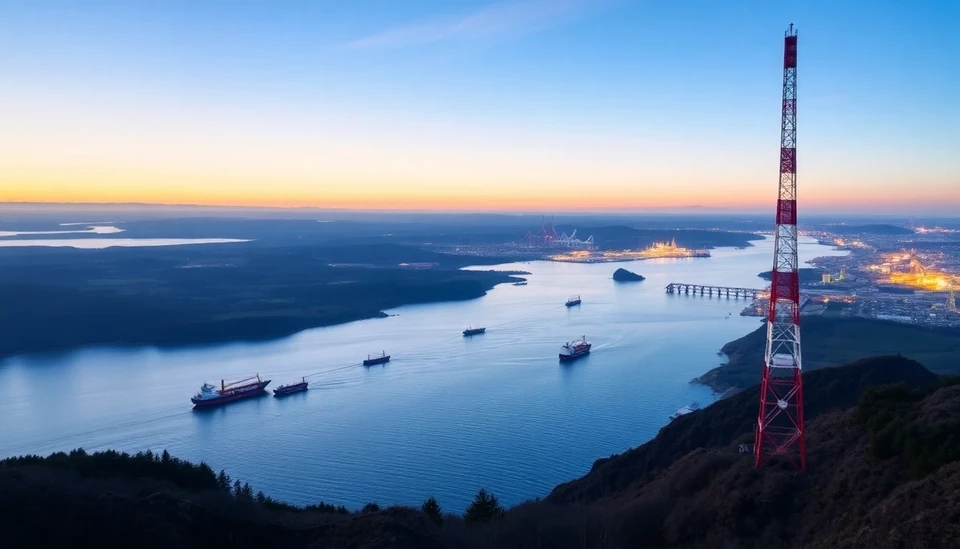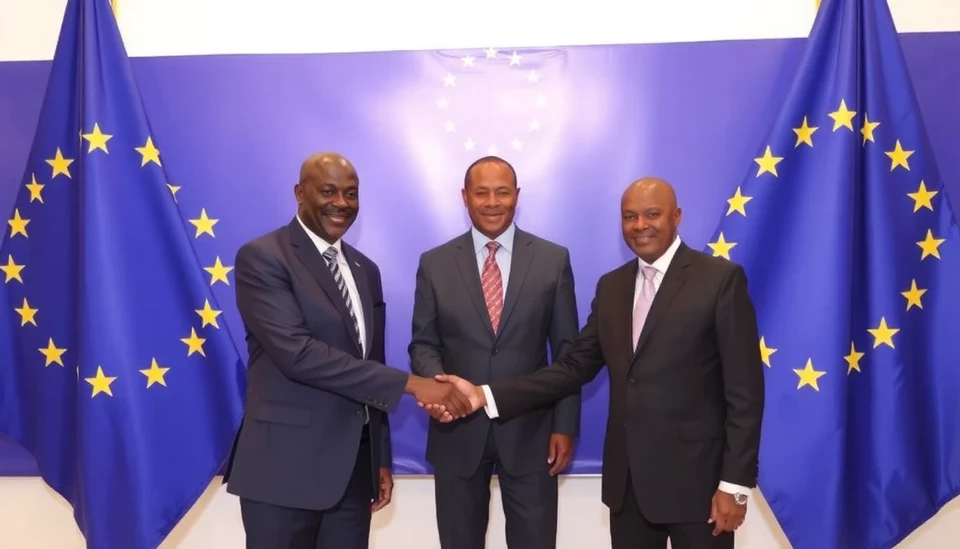
The European Union (EU) is contemplating significant modifications to its carbon border adjustment mechanism, a policy designed to level the playing field for European industries facing international competition. This move comes in response to mounting pressures from exporters who argue that the current framework could hinder their competitiveness in global markets.
Recently, discussions have emerged on how the adjustment mechanism might evolve to better support European exporters. The proposed changes aim to address concerns that the existing regulations, intended to reduce carbon emissions, could inadvertently disadvantage EU businesses in the global economic landscape. The objective behind these modifications is to strike a balance between environmental stewardship and economic viability, ensuring that EU firms remain robust players in international trade.
The carbon border adjustment mechanism, introduced as part of the EU’s Green Deal, imposes tariffs on imported goods based on their carbon intensity. This policy aims to prevent “carbon leakage,” a scenario where companies relocate production outside the EU to avoid stringent emissions regulations. However, exporters have argued that the current framework may not adequately consider the varying regulations and conditions faced by industries across different countries, potentially making European goods less appealing abroad.
As negotiations advance, EU officials are exploring various scenarios that would provide relief to exporters, including potential exemptions or phased adjustments to the carbon tariffs based on international trade dynamics. These discussions align with broader European commitments to carbon neutrality by 2050, emphasizing the need for fair competition while upholding environmental standards.
Experts suggest that recalibrating the carbon border levy could enable the EU to maintain its leadership in global climate policy while simultaneously ensuring its industries are not put at a disadvantage. Observers are also pointing out that these changes may attract criticism from environmental activists who fear that leniency towards exporters could weaken the EU’s climate ambitions.
In conclusion, the European Union is poised at a critical juncture as it evaluates the future of its carbon border adjustment mechanism. The decisions made in the coming weeks will undoubtedly shape not only the landscape of European industry but also the EU's approach to global environmental policy.
#EU #CarbonBorderAdjustment #ExportCompetitiveness #ClimatePolicy #GreenDeal #CarbonNeutrality
Author: Laura Mitchell




